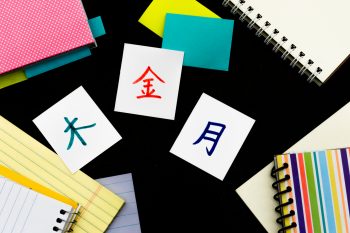STUDY
If you work in a Japanese company, at some point a telephone is going to ring in your vicinity. Being able to answer it in a professional and competent manner will both impress your colleagues and help you feel like one of the team.
Japanese conversation has the added benefit of making it difficult to eavesdrop on peoples’ conversations and understand immediately what they’re talking about. Japanese people can listen to a conversation, but without the background knowledge, even they might struggle to work out what it’s about if the speakers are being careful not to mention the subject of their conversation.
The Japanese language has many useful expressions that can be used to make otherwise awkward topics less blunt. In Japanese these are called クッション言葉 (kusshon kotoba) which literally means "cushion words".
In the beginning, most language learners are likely to have just a few hours of regular practice each week and will continue to use the majority language of their home region in daily life, such as for study, work and socializing.
Learning Japanese on your own is at heart a question of motivation. Maintaining that motivation is the primary key to success, and one powerful way is to find some element of the culture that will give you a payoff: something that you flat out like.
Tongue-twisters, those amusing expressions so artfully designed for maximum difficulty, are perfect for practicing pronunciation.
Language is a complex thing involving many processes, and learning a second (or third, or fourth...) language as an adult means balancing your need for fast acquisition with the demands for appropriate, accurate language use.
This is the second part of an interview with professional manga translator, Kumar Sivasubramanian. In this part, our writer, Michael Lambe, asks Kumar why manga is such a great study resource and which titles he recommends.











